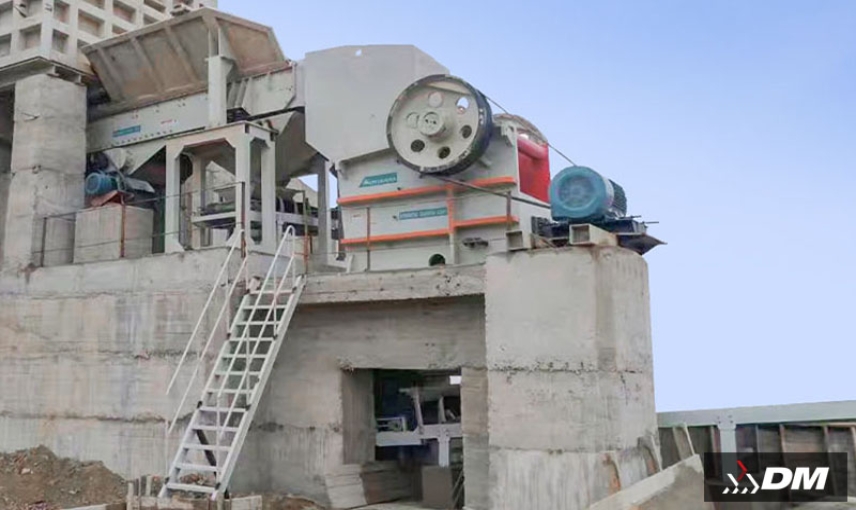Latest blog
What is a rock crusher? What is a Mobile Crusher? What Kind of Crusher Machine for Stone? What is an Impact Crusher? What Are the Uses of Crushers? What Are the Three Types of Jaw Crushers...
What Are the Factors Affecting the Output of a Jaw Crusher?
As an important crushing equipment widely used in mining, building materials, metallurgy and other industries, the output of the jaw crusher directly affects the efficiency and economic benefits of the entire production line. There are various factors affecting the output of a jaw crusher, which can be mainly summarized as follows:
1. Material Properties
The physical properties of the material, such as hardness, humidity, viscosity, and composition, significantly affect the output. Higher hardness increases the difficulty of crushing, naturally reducing output; excessive humidity or high viscosity of the material can easily cause blockages, affecting the normal operation of the equipment and the efficiency of discharge.
2. Equipment Parameters and Structure
The model, specifications, swing frequency and stroke of the movable jaw, the size of the feed inlet and discharge outlet, and other parameters directly determine the processing capacity of the jaw crusher. A well-designed crushing chamber and an appropriate nip angle can improve crushing efficiency and output.
3. Operation and Maintenance
Correct feeding methods, uniform and continuous feeding, and reasonable discharge settings are key to ensuring high output. In addition, regular equipment maintenance, such as checking the wear of the jaw plates, replacing worn parts in time, and ensuring good lubrication, can effectively maintain the efficient operation of the equipment.
4. Power System
The power of the motor directly affects the crushing force and processing capacity of the crusher. Insufficient power will prevent the equipment from performing to its full potential, thereby affecting output.
5. Environmental Factors
Working environment conditions such as temperature and altitude may also have a certain impact on the operating efficiency of the equipment. For example, at high altitudes, the power of the motor may decrease.
In summary, improving the output of a jaw crusher requires comprehensive consideration of multiple factors such as material characteristics, the equipment itself, operation and maintenance, and the working environment, achieving efficient production through optimized configuration and scientific management.





We will answer your email shortly!